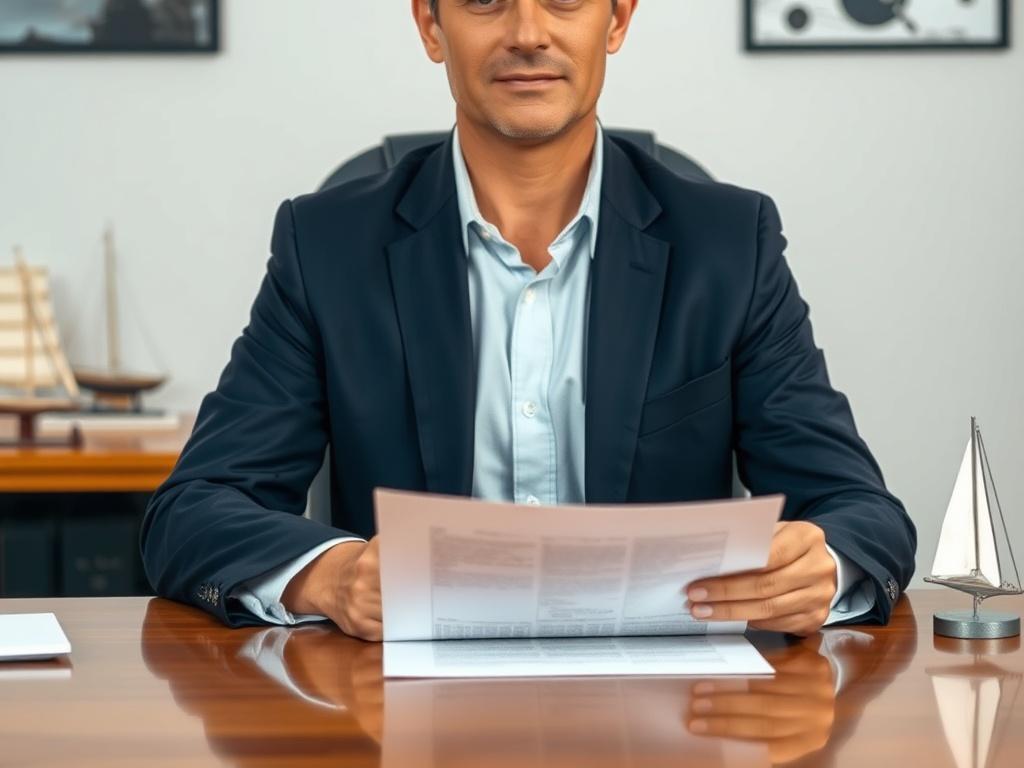
Boating accidents can lead to devastating injuries and financial burdens, leaving victims and their families grappling with the aftermath. Understanding who is liable in such incidents is crucial for those seeking compensation for their suffering. Various parties, from reckless boat operators to manufacturers of defective equipment, could be held responsible.
This blog post will explore the key factors that determine liability in boating accidents and highlight the most common causes of these incidents. By identifying responsible parties, you can pursue the compensation you deserve.
Liability in boating accidents hinges on several critical factors that can significantly affect the outcome of any related legal proceedings. First and foremost, the actions of the boat operator play a crucial role; if an operator is found to be negligent or reckless, they may be deemed responsible for any resulting injuries or damages. Additionally, local laws and regulations regarding boating safety can impact liability, as failure to adhere to these rules may establish a basis for fault. It’s essential to consider how various elements, such as weather conditions, alcohol consumption, and operator experience, contribute to the circumstances of an accident and ultimately influence legal accountability.
Another vital factor in determining liability is the involvement of third parties. In some cases, individuals or companies other than the boat operator might share responsibility for an accident. For instance, if a mechanical failure occurs due to defective equipment, the manufacturer or the maintenance service may face liability. Furthermore, passengers on a boat may also contribute to the negligent behavior leading to an accident. Establishing the chain of responsibility requires thorough investigation and an understanding of maritime law, making it crucial to seek legal guidance to navigate these complexities effectively.
Boating accidents often stem from a variety of causes, ranging from negligent behavior by operators to mechanical failures. Reckless boat operators frequently contribute to dangerous situations by engaging in unsafe practices such as speeding, weaving in and out of traffic, or failing to heed navigational rules. These actions not only endanger their own passengers but also pose severe risks to others on the water. Intoxication is another significant factor; operators under the influence of drugs or alcohol often exhibit poor judgment, leading to collisions and injuries.
In addition to human error, defective equipment can play a critical role in boating accidents. Mechanical failures, such as engine malfunctions or steering system issues, can occur unexpectedly and result in severe consequences. For instance, a faulty propeller can lead to loss of control. At the same time, defective life jackets may fail to provide adequate safety. Boat owners and operators must maintain their vessels properly and remain vigilant about the condition of their equipment. Understanding these common causes of boating accidents can help victims identify responsible parties and pursue justice effectively.
When a boating accident occurs, understanding who is responsible is crucial for pursuing compensation for your injuries. Various parties may share liability, including the boat operator, vessel owner, or even manufacturers of defective equipment. Before taking legal action, it's vital to gather evidence that supports your claims, such as witness statements, accident reports, and photos of the scene. Consult with a skilled attorney who specializes in maritime law to help you navigate the complexities of your case and identify all potentially liable parties.
After determining liability, you can explore your legal options for securing compensation for medical expenses, lost wages, and pain and suffering. Depending on the circumstances, you may pursue a personal injury lawsuit or file a claim with an insurance provider. Understanding your rights is paramount; boat operators are generally required to have liability insurance, which can bolster your chances of receiving compensation. Taking swift action to document the incident and seek legal advice will help you effectively advocate for your rights in a boating accident.
If you or a loved one has been injured due to negligence on the water, the team at Maxwell Tillman is here to help. As experienced boating accident lawyers, we’re ready to fight tirelessly for the justice and compensation you deserve. Contact us today to discuss your case.